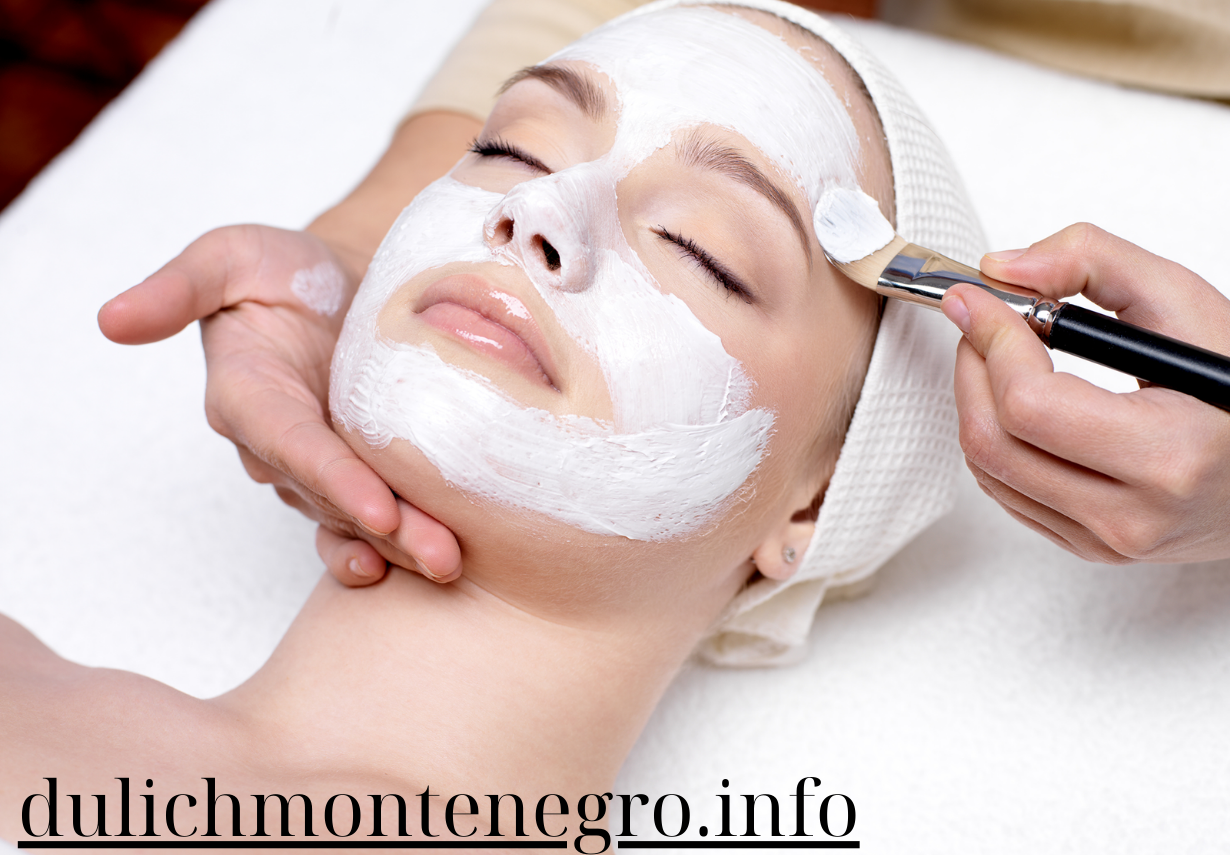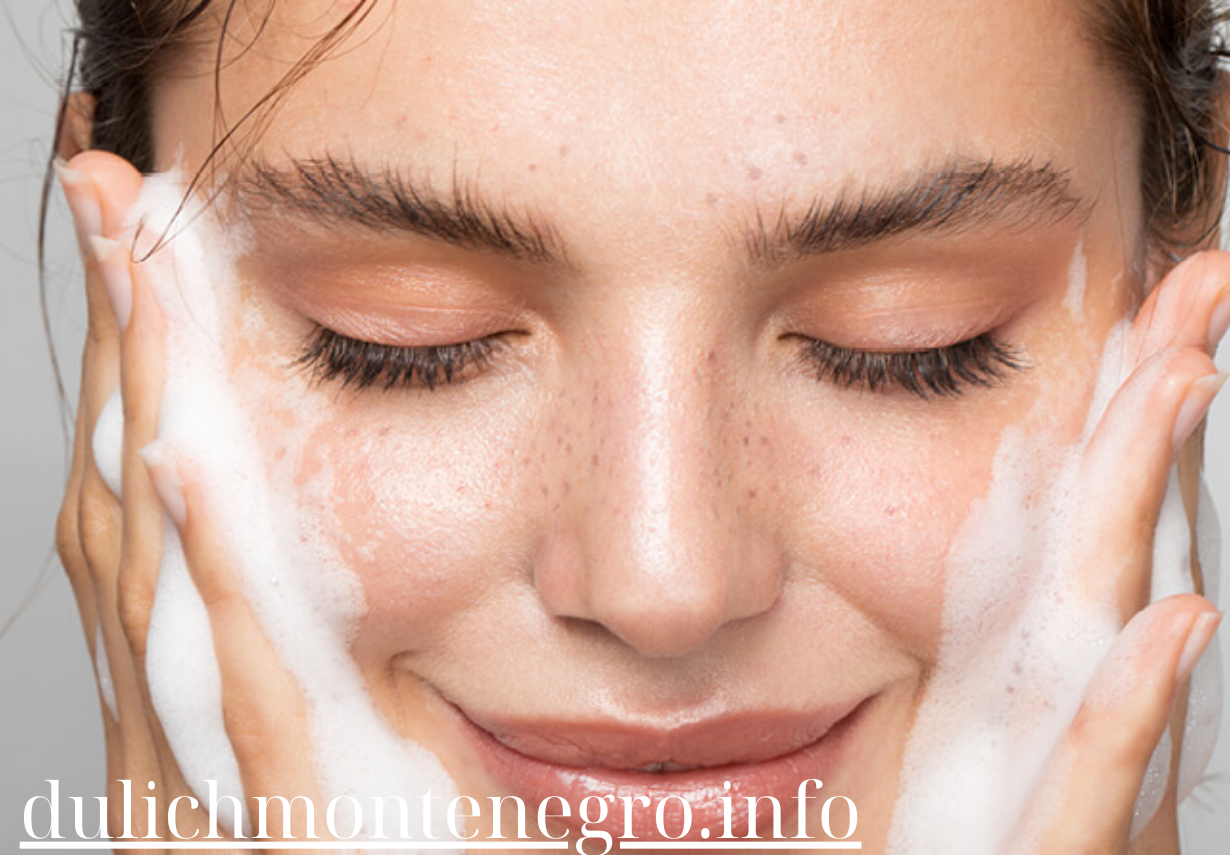Sensitive skin can be challenging to manage, often reacting to environmental factors, stress, or even skincare products. The key to caring for sensitive skin lies in using gentle, yet effective treatments that soothe irritation and strengthen the skin’s natural barrier. In recent years, advancements in dermatology have introduced new cutting-edge methods for providing ultimate relief to those with sensitive skin.
This guide explores advanced sensitive skin treatments, offering the latest methods to help you achieve calm, healthy, and balanced skin.
1. Barrier Repair Therapy
The skin’s barrier function is its first line of defense against irritants, allergens, and environmental stressors. People with sensitive skin often experience a compromised skin barrier, leading to dryness, redness, and inflammation. Barrier repair therapy focuses on strengthening this protective layer.
- How It Works: Barrier repair treatments include the use of ceramides, fatty acids, and lipids that mimic the skin’s natural components. These ingredients help replenish and repair the barrier, locking in moisture and preventing irritants from penetrating the skin.
- Best Products: Look for moisturizers and creams that contain ceramides, cholesterol, and essential fatty acids. Brands like CeraVe, La Roche-Posay, and Eucerin offer barrier-repairing products specifically designed for sensitive skin.
Tip: Apply barrier-repairing creams twice daily, especially after cleansing, to rebuild and strengthen your skin’s natural defenses.
2. Probiotic Skincare
Probiotics are commonly known for supporting gut health, but they’re now being used to promote healthier, balanced skin. Probiotic skincare is one of the latest trends in treating sensitive skin, as it focuses on maintaining a healthy skin microbiome, which is critical for reducing inflammation and irritation.
- How It Works: Probiotics help balance the good and bad bacteria on your skin’s surface, reducing sensitivity, inflammation, and breakouts. They also promote a stronger barrier function and improve hydration.
- Best Products: Look for products containing probiotics or prebiotics, which nourish the beneficial bacteria on the skin. Brands like TULA and Aurelia Skincare offer probiotic-infused cleansers, serums, and moisturizers.
Tip: Use probiotic-based products in your daily routine to support your skin’s natural microbiome, which can help reduce flare-ups and redness.
3. LED Light Therapy
LED light therapy is a non-invasive treatment that has gained popularity for its ability to calm and heal sensitive skin. It uses different wavelengths of light to target specific skin concerns, such as redness, inflammation, and irritation.
- How It Works: Blue light reduces acne-causing bacteria, red light stimulates collagen production and reduces inflammation, while near-infrared light accelerates skin healing. For sensitive skin, red and infrared lights are particularly effective at reducing redness and promoting a calmer complexion.
- At-Home Devices: Many at-home LED light therapy devices are available for convenient use, such as the Dr. Dennis Gross LED mask or the LightStim for Wrinkles device. These devices provide a soothing, non-invasive treatment for sensitive skin.
Tip: Use LED therapy devices two to three times a week for visible improvements in skin calmness and reduced irritation.
4. Anti-Inflammatory Peptides
Peptides are short chains of amino acids that help rebuild proteins in the skin, such as collagen and elastin. Anti-inflammatory peptides are a new category of peptides that not only promote skin regeneration but also reduce inflammation and irritation, making them ideal for sensitive skin.
- How It Works: Anti-inflammatory peptides work by calming the skin, reducing redness, and promoting healing. They can be found in serums, moisturizers, and treatments designed to rebuild the skin barrier and reduce sensitivity.
- Best Products: Peptide-rich formulas from brands like The Ordinary and Drunk Elephant are excellent choices for people with sensitive skin. Look for products that include palmitoyl tripeptide-5 or acetyl hexapeptide-8, which are known for their soothing properties.
Tip: Incorporate peptide-based serums or creams into your nighttime routine to boost skin recovery and reduce irritation.
5. Microneedling with Sensitive Skin Adaptations
Microneedling is a popular skincare treatment that uses fine needles to create micro-injuries in the skin, stimulating collagen production and promoting healing. While this treatment is generally used for anti-aging, acne scars, and hyperpigmentation, newer techniques have made it accessible for those with sensitive skin.
- How It Works: For sensitive skin, dermatologists may use gentler settings or finer needles to perform microneedling. This stimulates skin repair without causing excessive irritation or redness.
- Professional Treatment: It’s important to consult with a dermatologist to ensure the correct settings are used for sensitive skin. Professional microneedling treatments are ideal for promoting long-term improvements in skin texture and reducing redness.
Tip: After microneedling, follow your dermatologist’s advice on post-treatment care, including using soothing products like hyaluronic acid and avoiding active ingredients like retinol or acids for a few days.
6. Hypoallergenic Chemical Peels
Chemical peels can often be too harsh for sensitive skin, but hypoallergenic or mild versions are now available for those who want the benefits without the irritation. These peels gently exfoliate the skin, removing dead cells while minimizing the risk of redness or reactions.
- How It Works: Hypoallergenic chemical peels use gentler acids like lactic acid or mandelic acid, which are less likely to irritate sensitive skin compared to stronger peels. These treatments help smooth the skin, reduce fine lines, and minimize hyperpigmentation without compromising the skin barrier.
- At-Home Versions: Brands like The Ordinary offer milder peels that are suitable for sensitive skin, such as the Mandelic Acid 10% + HA, which exfoliates without causing excessive irritation.
Tip: Start with a mild peel once every two weeks, and gradually increase frequency as your skin builds tolerance.
7. Niacinamide for Calming Redness
Niacinamide, also known as vitamin B3, is a standout ingredient for sensitive skin due to its calming and anti-inflammatory properties. It’s widely used in skincare to soothe irritation, reduce redness, and strengthen the skin barrier.
- How It Works: Niacinamide improves the skin’s natural barrier by boosting ceramide production, helping to lock in moisture and protect against external irritants. It’s also known for reducing redness and inflammation, making it ideal for sensitive, rosacea-prone, or acne-prone skin.
- Best Products: Products like The Ordinary Niacinamide 10% + Zinc 1% or Paula’s Choice 10% Niacinamide Booster are great options for incorporating niacinamide into your routine.
Tip: Apply niacinamide serum after cleansing and before moisturizing to reduce redness and irritation, and to promote an even skin tone.
8. Cryotherapy for Skin Inflammation
Cryotherapy is a cutting-edge treatment that involves exposing the skin to extreme cold temperatures to reduce inflammation and promote healing. It’s particularly beneficial for sensitive skin that’s prone to redness and swelling.
- How It Works: Cryotherapy involves the use of cooling devices or cryo facials that deliver bursts of cold air to the skin, reducing inflammation and calming redness. It also tightens pores and stimulates blood circulation, giving the skin a refreshed, glowing appearance.
- At-Home Options: For a more accessible option, you can use ice rollers or chilled jade rollers to achieve similar anti-inflammatory benefits at home.
Tip: Incorporate cryotherapy into your routine by using an ice roller or scheduling professional cryo facials once a month to calm inflammation and boost skin resilience.
9. Soothing Botanical Extracts
Plant-based botanical extracts are increasingly used in sensitive skincare due to their natural anti-inflammatory and soothing properties. These ingredients help reduce redness, irritation, and flare-ups, providing gentle yet effective relief.
- How It Works: Extracts like chamomile, aloe vera, green tea, and calendula are known for their calming properties. They help soothe the skin and reduce irritation, making them perfect for sensitive or reactive skin types.
- Best Products: Look for creams or serums that contain these extracts. La Roche-Posay’s Cicaplast Baume B5 and Weleda’s Skin Food are excellent choices for calming and nourishing sensitive skin.
Tip: Use products with botanical extracts both morning and night to maintain a calm, irritation-free complexion.
Conclusion
Dealing with sensitive skin requires a careful, thoughtful approach, but with the advanced treatments now available, it’s easier than ever to achieve relief and restore skin health. From barrier repair therapy and probiotic skincare to the latest in LED light therapy and cryotherapy, these cutting-edge methods offer powerful solutions for sensitive skin concerns. By incorporating these expert-recommended treatments into your routine, you can soothe irritation, reduce redness, and maintain a balanced, healthy complexion.



